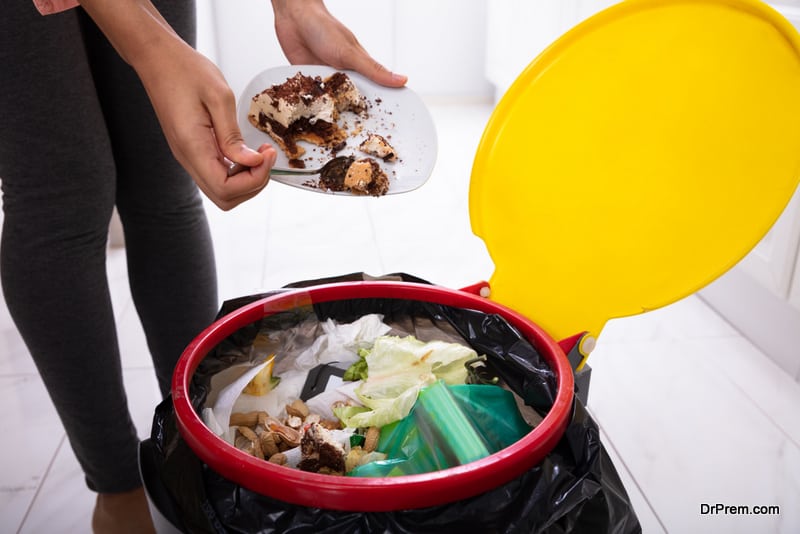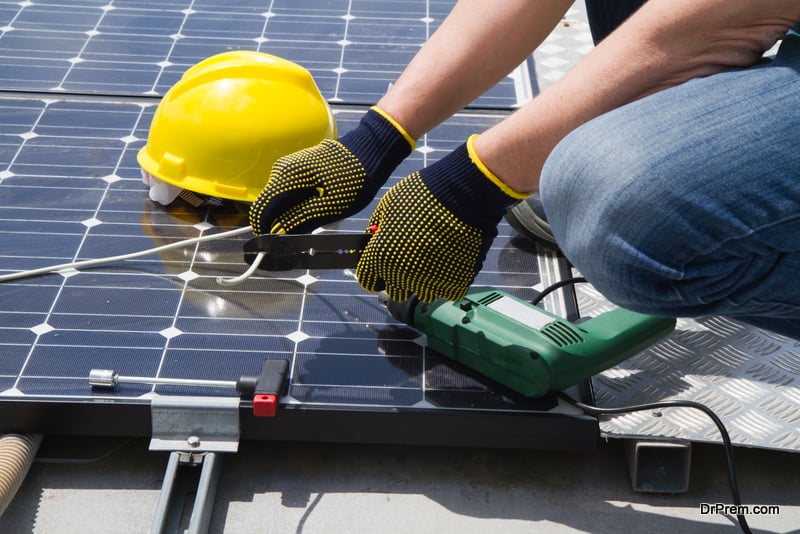It is very important to pay attention to make your kitchen greener if you wish to provide good health to your family, as well as the environment. Several things in your kitchen may be loaded with chemicals that lead to serious diseases. There may also be a lot of waste generated that only clogs landfills and harms the nature. Thus, here we give you some useful tips that are easy to implement in order to make your kitchen reduce waste and become more eco-friendly.
Quick tips for waste reduction
You can start by implementing these easy tips about changing your routine in the kitchen. Since you use a variety of cleaning agents to keep your kitchen clean, it is suggested that you pick up only natural cleaners and recycled cloth wipes for this purpose. Further, work on separating the items that you throw in the garbage. Now everything may actually be garbage, as several items can be recycled or reused. Thus, find out stuff that can still be repurposed and avoid throwing it in your waste bin. For instance, you can use some cans as plant pots or even your food scrap as compost materials.
Another helpful tip is to avoid peeling organic veggies and fruits that can be eaten and cooked with their skins. Peels add a significant amount to the kitchen waste. You can also avoid collecting peels by keeping a watch on the ingredients available in your refrigerator. Avoid buying extra ingredients when you already have some that may later go waste. Impulsive buying will only lead you to generate leftovers. Therefore, you should plan to buy according to your realistic needs and use those items first that are purchased earlier.
When you throw stuff in your kitchen, monitor what and why you are throwing it. Sometimes, people even throw items that are not yet expired. Thus, check your packaging for food expiry dates. If there is some leftover food, then you should also focus on the right storage practices so it does not go waste until you reuse it. For things you would not reuse, think of donating to needy.
Reducing energy wastage in your kitchen
Apart from the above tips, you should also save energy from being wasted in your kitchen. Thus, keep vessels covered while boiling or cooking stuff. It will save the heat from escaping. You may also use microwave ovens for cooking, as these save a lot of energy than traditional sources do. Prefer to use non-BPA utensils for cooking, as these are not toxic. Further, try to follow the right cooking practices. For instance, avoid overcooking veggies that need to be tossed in a pan after boiling. Similarly, turn off the stove when the generated heat in a utensil is sufficient to cook the rest of your stuff. You should also look at buying energy-efficient kitchen appliances when you need replacement.
Recycle your food or solid waste
While you can take many steps to avoid creating waste, you will end up producing at least some amount of it. If you have some food or other solid waste in your bin, then prefer not to dump it to go to a landfill. Instead, recycle it to prepare compost. You can use most of such kitchen waste in piling up materials and letting them rest to turn into nutritious compost for your plants and garden soil. This can be a great way to reduce waste and turn your kitchen greener.
Following a few simple eco-friendly tips about food peeling, buying and cooking can help you avoid generating a lot of kitchen waste. In fact, you may also reduce energy use through effective, innovative cooking practices and recycle the waste through composting.




